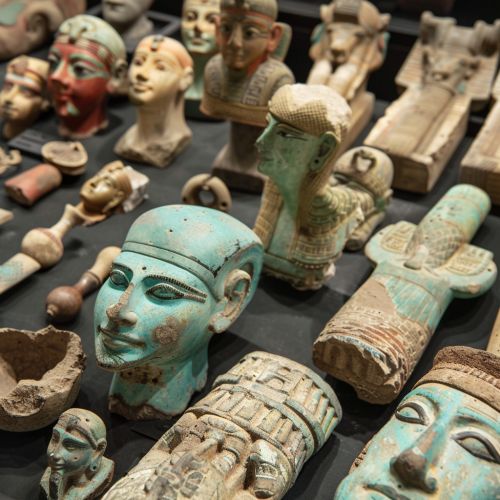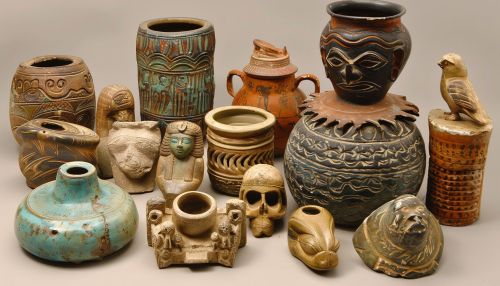Cultural History
Introduction
Cultural history, also known as the history of culture, is a branch of history that deals with the cultural interpretations of historical events. It involves the study of various cultural products and norms and how they are shaped by historical forces. Unlike traditional history, which focuses on political and economic narratives, cultural history seeks to uncover the cultural contexts behind historical occurrences.


Origins of Cultural History
Cultural history as a discipline has its roots in the 19th century, with the works of scholars like Jacob Burckhardt and Johan Huizinga. Burckhardt's Civilization of the Renaissance in Italy (1860) and Huizinga's The Waning of the Middle Ages (1919) are considered seminal texts in the field. These works emphasized the importance of culture and its influence on historical events, paving the way for the development of cultural history as a distinct discipline.
Methodology
Cultural historians employ a variety of methods in their research. These include the analysis of written texts, oral histories, and material artifacts. The aim is to understand the cultural context in which these artifacts were produced and to interpret their significance in relation to historical events.
Cultural historians often employ interdisciplinary approaches, drawing on theories and methods from fields such as anthropology, sociology, and literary studies. This allows them to examine cultural phenomena from multiple perspectives and to gain a deeper understanding of their historical significance.
Key Concepts
Cultural history is underpinned by several key concepts. These include the idea of cultural systems, the role of symbols and meanings, and the concept of cultural change.
Cultural Systems
Cultural systems refer to the complex networks of beliefs, values, practices, and artifacts that make up a culture. These systems are not static but are constantly evolving and changing over time. Cultural historians seek to understand these systems and how they have been shaped by historical forces.
Symbols and Meanings
Symbols and meanings are central to the study of cultural history. Cultural historians analyze symbols, such as language, art, and rituals, to uncover the meanings they convey and how these meanings have changed over time. This involves a process of interpretation, known as hermeneutics, which seeks to understand the cultural context in which these symbols were produced.
Cultural Change
Cultural change refers to the transformation of cultural systems over time. This can occur as a result of various factors, including technological advancements, economic shifts, and social movements. Cultural historians examine these changes to understand how they have shaped and been shaped by historical events.
Cultural History and Other Disciplines
Cultural history intersects with several other disciplines, including social history, art history, and intellectual history.
Social History
Social history focuses on the experiences of ordinary people and social groups. Cultural history, while also concerned with these experiences, places a greater emphasis on cultural phenomena and their historical significance. Despite these differences, the two disciplines often overlap, with cultural historians frequently drawing on social history in their research.
Art History
Art history is the study of visual art and its development over time. While art history focuses primarily on the aesthetic aspects of art, cultural history examines art in its cultural and historical context. This includes analyzing the cultural meanings conveyed by art and how these meanings have changed over time.
Intellectual History
Intellectual history is the study of ideas and their development over time. While intellectual history focuses on the history of ideas, cultural history examines the cultural contexts in which these ideas were produced and their impact on society.
Conclusion
Cultural history provides a unique perspective on the past, focusing on the cultural aspects of historical events. By examining cultural phenomena in their historical context, cultural historians can uncover the cultural meanings and significance of these phenomena, providing a deeper understanding of the past.
